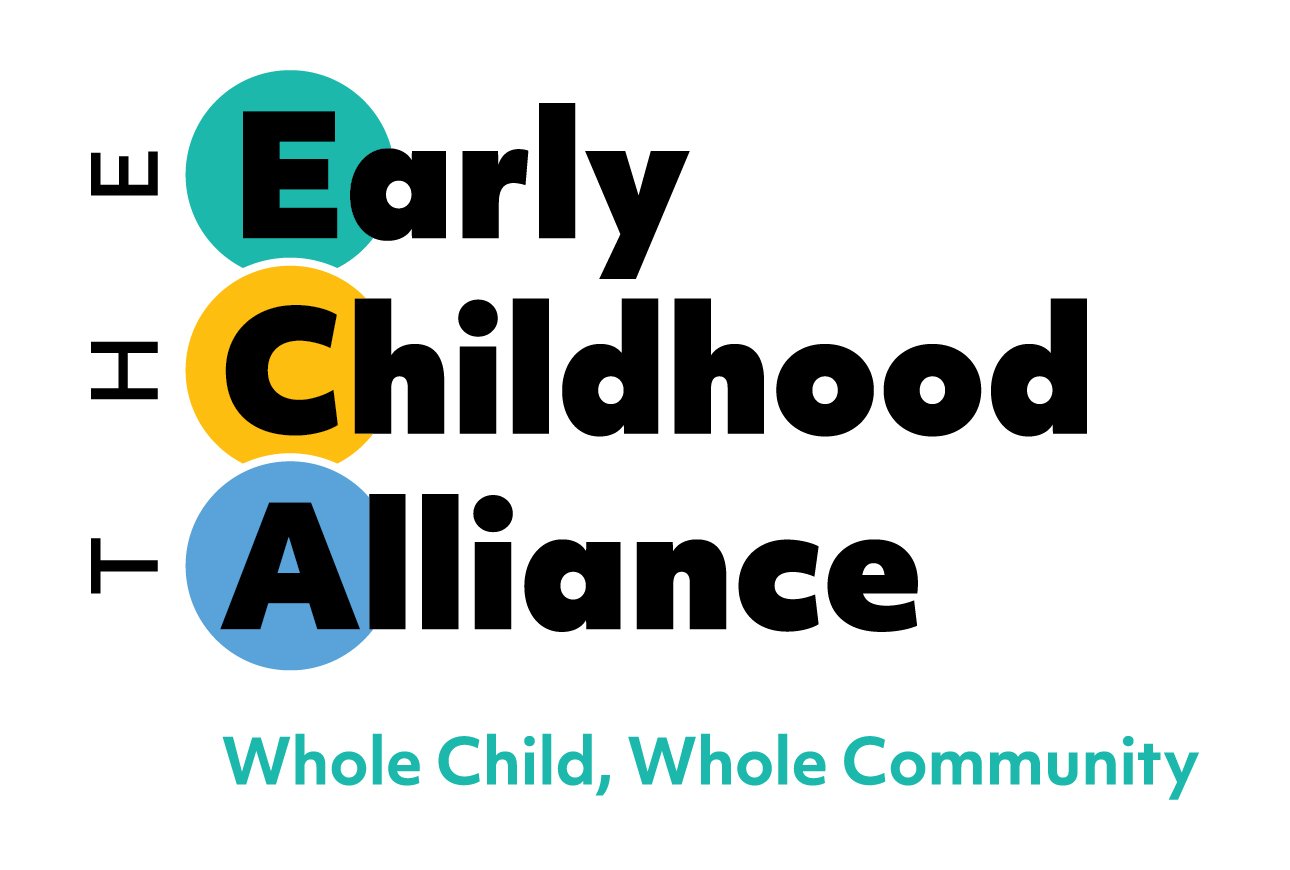
Why Early Learning Matters
Did you know that high-quality early learning opportunities in a child’s youngest years are key for future success well beyond the classroom? Research shows that children with access to early learning experiences have better outcomes not only in school, but in life!
In fact, the formative years from birth to age five can be more important developmentally than any other time in a child’s life. Giving your child a good start can make their entire life journey easier. Learn more about why these critical years are so vital to their success, and how you can help put your child on a winning path.
Explore
Out of the mouths of babes. Take seven minutes to watch the Ted Talk below and learn, from 7-year old Molly Wright, how the first five years of their life are the most important for every child. Especially your own. Learn the science behind why this developmental stage can be a literal game-changer, with a game of peek-a-boo.
Did you know?


